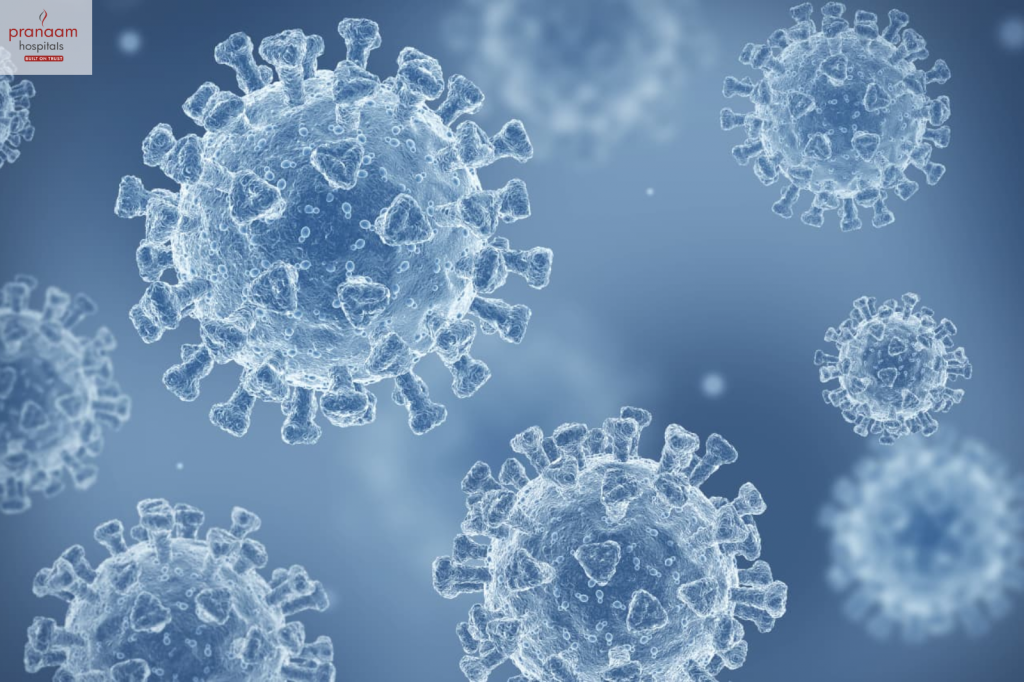Corona New Variant (JN.1) Symptoms: JN.1’s symptoms largely mirror those of previous COVID-19 strains, including fever, cough, fatigue, muscle aches, and loss of taste/smell. However, some reports suggest an increased prevalence of gastrointestinal issues like nausea and diarrhea. Early data also hints at a possible connection to neurological symptoms like dizziness and headaches, but further investigation is needed.
Severity: Currently, limited data exists to definitively assess JN.1’s severity. While initial reports haven’t indicated a significant increase in hospitalization or fatality rates compared to past variants, ongoing surveillance is necessary. The variant’s transmissibility is also under investigation, with some concerns suggesting it might be more contagious than prior strains.
Prevention Measures:
Vaccination and Boosting: Vaccination, particularly with boosters, remains the most powerful tool against severe illness and hospitalization. Prioritizing vaccination coverage, especially among vulnerable populations, is crucial.
Masking and Social Distancing: Wearing masks in crowded indoor settings and maintaining safe distances continue to be vital in curbing transmission.
Hygiene and Sanitization: Frequent handwashing and thorough disinfection of surfaces remain essential practices.
Testing and Isolation: Prompt testing upon experiencing symptoms and isolating positive cases are key to preventing further spread.
In Summery, People who are over 60 years old, have diabetes, high blood pressure, chronic kidney illness, heart disease, liver disease, or are elderly should exercise greater caution when using this variation. Individuals who are infected ought to exercise additional vigilance. Regardless of vaccination status, everyone should use masks in crowded areas. It is best to remain in home isolation if any family members exhibit symptoms of this omicron subtype JN.1.
The virus also affects toddlers as young as months old in addition to adults. In the event that the diagnostic tests reveal that JN.1 is infected, it is imperative that you take the prescribed medications and rest for four to five days. To increase immunity, eating a healthy diet and taking personal safety measures are essential. Booster shots should be administered if at all feasible to those who have not been immunised or have only received one dose. its virus may spread to additional people and cause mortality, as it has in the past, if its Omicron subtype JN.1 is not detected right away and appropriate preventative measures are not taken.
Also Read: The symptoms and causes of typhoid fever in children.
Symptoms and Causes of Appendicitis


